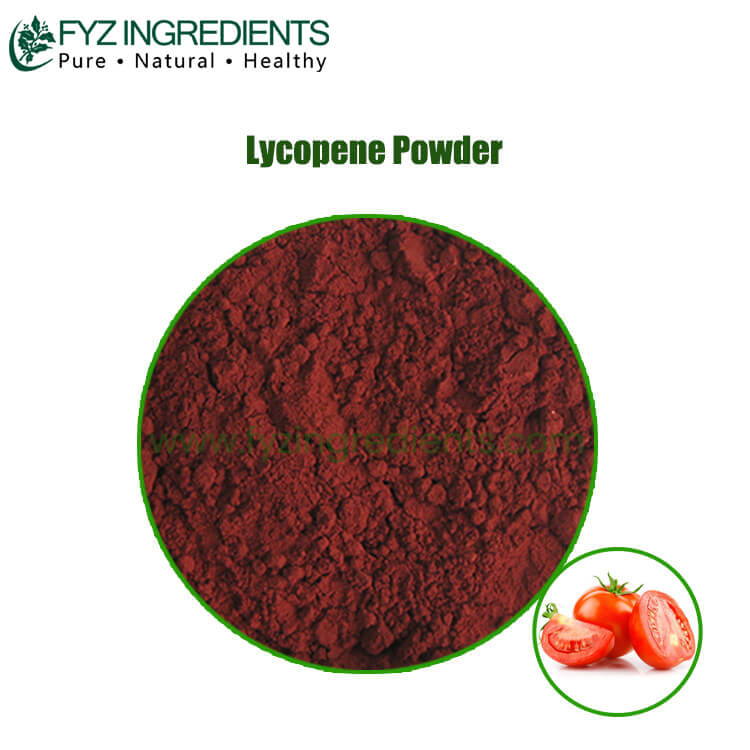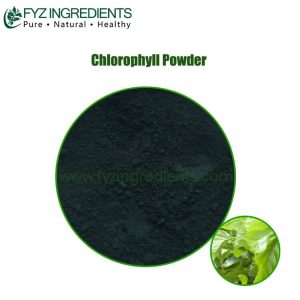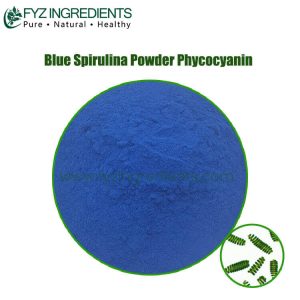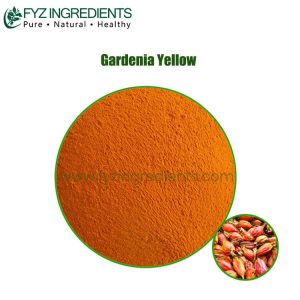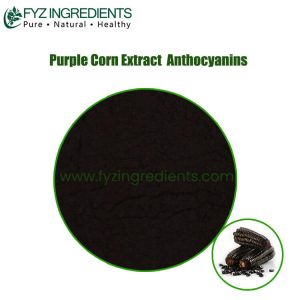What Is Tomato Extract Lycopene?
Lycopene (from the neo-Latin Lycopersicum, the tomato species) is a bright red carotenoid hydrocarbon found in tomatoes and other red fruits and vegetables, such as red carrots, watermelons, grapefruits, and papayas, but it is not present in strawberries or cherries. Although lycopene is chemically a carotene, it has no vitamin A activity. Foods that are not red may also contain lycopene, such as asparagus, guava, and parsley.
Lycopene is currently the most powerful antioxidant which has been measured in food and is thought to play a role in preventing cancer, heart disease, and macular degeneration.
Benefits of Tomato Extract Lycopene
1. Strong Antioxidant Properties
Lycopene is a strong antioxidant that can protect your body against oxidative stress and offer some protection from certain environmental toxins and chronic diseases.
Antioxidants protect your body from damage caused by compounds known as free radicals. When free radical levels outnumber antioxidant levels, they can create oxidative stress in your body. This stress is linked to certain chronic diseases, such as cancer, diabetes, heart disease and Alzheimer’s.
2. May Protect Against Certain Types of Cancer
Diets rich in the antioxidant lycopene may help prevent the development of prostate cancer. It may also protect against cancers of the lungs, breasts and kidneys, but more human-based research is needed to confirm this.
Lycopene’s strong antioxidant action may prevent or slow down the progression of some types of cancer. For instance, test-tube studies show that the nutrient may slow down the growth of breast and prostate cancers by limiting tumor growth.
Animal studies further report that it may prevent the growth of cancer cells in the kidneys. In humans, observational studies link high intakes of carotenoids, including lycopene, to a 32–50% lower risk of lung and prostate cancers.
A 23-year study in more than 46,000 men looked at the link between lycopene and prostate cancer in more detail.
Men who consumed at least two servings of lycopene-rich tomato sauce per week were 30% less likely to develop prostate cancer than those who ate less than one serving of tomato sauce per month.
3. May Promote Heart Health
Lycopene’s strong antioxidant properties may help improve cholesterol levels and reduce your likelihood of developing or dying prematurely from heart disease.
Lycopene may also help lower your risk of developing or prematurely dying from heart disease. That’s in part because it may reduce heart disease risk factors. More specifically, it may reduce free-radical damage, total and “bad” LDL cholesterol levels and increase “good” HDL cholesterol.
Lycopene’s protective effects appear particularly beneficial to those with low blood antioxidant levels or high levels of oxidative stress. This includes older adults and people who smoke or have diabetes or heart disease.
High blood levels of lycopene may also add years to the lives of people with metabolic syndrome — a combination of health conditions that can lead to heart disease.
4. Lycopene May Protect Against Sunburn
Lycopene may help increase your skin’s defense against sunburns and damage caused by UV rays. However, it is no replacement for sunscreen. Lycopene also appears to offer some protection against the damaging effects of the sun.
In one small 12-week study, participants were exposed to UV rays before and after consuming either 16 mg of lycopene from tomato paste or a placebo. Participants in the tomato paste group had less severe skin reactions to the UV exposure.
In another 12-week study, daily intake of 8–16 mg of lycopene, either from food or supplements, helped reduce the intensity of skin redness following exposure to UV rays by 40–50%.
In this study, supplements providing a mix of lycopene and other carotenoids were more effective against UV damage than those providing lycopene alone. That said, lycopene’s protection against UV damage is limited and not considered a good replacement for using sunscreen.
5. Other Potential Benefits
Lycopene may also offer a range of other health benefits — the best-researched ones include:
- May help your eyesight: Lycopene may prevent or delay the formation of cataracts and reduce your risk of macular degeneration, the leading cause of blindness in older adults.
- May reduce pain: Lycopene may help reduce neuropathic pain, a type of pain caused by nerve and tissue damage.
- May protect your brain: Lycopene’s antioxidant properties may help prevent seizures and memory loss experienced in age-related diseases, such as Alzheimer’s.
- May contribute to stronger bones: Lycopene’s antioxidant action may slow down the death of bone cells, reinforce bone architecture and help keep bones healthy and strong.
Flowchart of Production

Package and Shipping
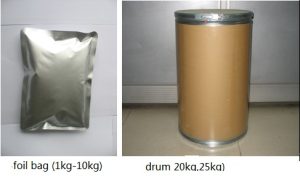
- By Express: Suitable for under 50kg, 5-10 days
- By Air: Suitable for more than 50kg, 7-15 days
- By Sea: Suitable for more than 500kg, 15-45days
Why Choose FYZ Ingredients Tomato Extract Lycopene?
- FYZ Ingredients is a professional Tomato Extract Lycopene manufacturer in China, provides private labels service.
- FREE SAMPLE (5-10g) for detection, if you need more, please contact us.
- Fast delivery by DHL/FedEx, air as your requirement.
- All of our products from nature, no additive.
- Money refund policy.

